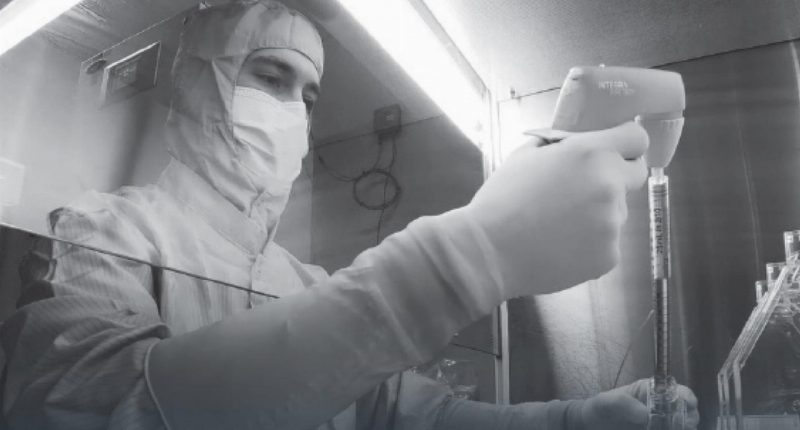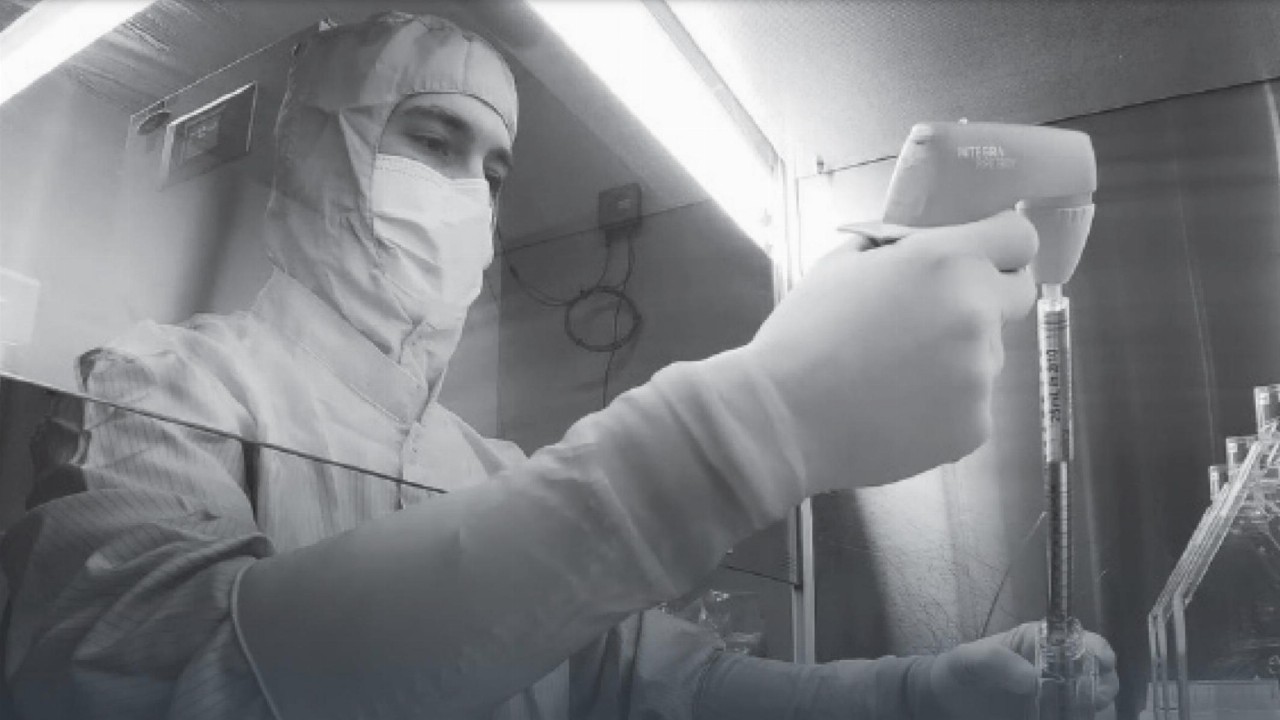- Orthocell’s (OCC) latest study results reveal OrthoATI is more effective than steroid injection for treating rotator cuff tendon tears
- The announcement follows a randomised, multicentre, controlled rotator cuff tendon clinical study
- Patients in the OrthoATI group experienced almost complete resolution of pain after one month, compared to the steroid group which saw the injury return to pre-treatment levels
- Following the results, the company says it will begin accelerating its US commercialisation plans and preparation activities for a randomised controlled study under FDA supervision
- Orthocell was up 6.8 per cent, trading at 55 cents at 10:45 am AEDT
Orthocell’s (OCC) latest study results have revealed OrthoATI is much more effective than steroid injection when treating rotator cuff tendinopathy with intrasubstance tendon tear.
OrthoATI is a treatment for tendon injuries, delivering the specific cells that build and repair tendons, directly back into the injury site.
The announcement follows a randomised, multicentre, controlled rotator cuff tendon clinical study. The participants in the study suffered from pain and loss of shoulder function for almost two years and received an average of four failed treatments, including physiotherapy and corticosteroid injections prior to enrolment in the study.
The study data confirmed the company achieved its goal, demonstrating that OrthoATI is a safe and effective treatment for patients suffering from rotator cuff tendinopathy with intrasubstance tendon tear, compared directly to the standard of care.
Patients in the OrthoATI group experienced almost complete resolution of pain after one month plus saw significant improvement in shoulder function between six and 12 months post-treatment.
Meanwhile, patients in the steroid group experienced a transient improvement in pain, which peaked at month three, then returned to pre-treatment levels. This group saw no meaningful improvement in shoulder function at any time point.
None of the participants in the OrthoATI group withdrew from the study due to treatment failure, but 64 per cent of steroid participants withdrew before month 12 due to steroid treatment failure. 86 per cent of those participants later requested and received OrthoATI treatment after withdrawing from the study.
As a result, the company said it will begin accelerating its US commercialisation plans with technology transfer, FDA engagement and commercial preparation activities for a randomised controlled study under FDA supervision.
Orthocell Managing Director, Paul Anderson, said the company was delighted with the study results which demonstrate that OrthoATI is more effective than steroid injection for treating this condition.
“This is an important development milestone for OrthoATI and the company,” Mr Anderson said.
“We are now in a very strong position to progress our US commercialisation strategy to deliver the first injectable cell therapy in orthopaedics that truly addresses the cause of degeneration and returns patients to full use of their chronically damaged tendons.”
Orthocell was up 10.7 per cent, trading at 57 cents at 11:12 am AEDT.








